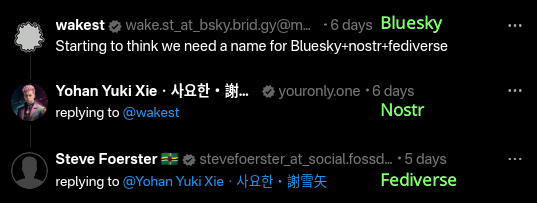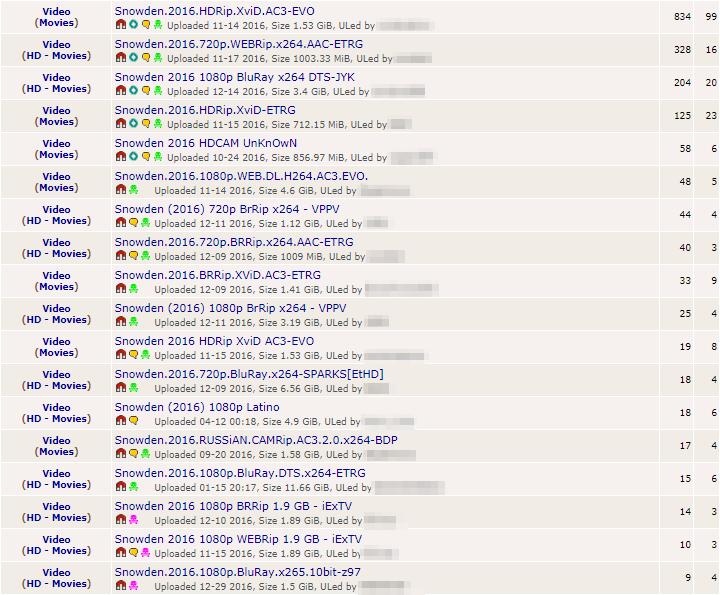
Internet

SNS, social media terminologies explained
Have you come across terms like “Social Web”, “Mycelial Web”, “Fediverse”, “Threadiverse”, “Mycelium network”, “Nostr”, “ATproto”, “ActivityPub”, and “DDFON”? They can sound quite techie and confusing. Today, let’s demystify them!

The federated SNS timeline (a fediverse history)
In a fast-paced world like what we have today, recording events is often forgotten. This is especially true in the digital era, wherein we assume that every piece of information will remain available indefinitely, and archived somewhere. Unfortunately, that is not the case at all. Sites, portals, databases, even software repositories, all come and go. If no one kept a copy, the information is gone forever.

Philippine ISPs caught hijacking connections
A friend of mine noticed that Philippine ISPs started to hijack connections to certain websites and they are also using a fake SSL certificate. If a user choose the option to continue despite the warning about an invalid SSL certificate, they will see a Philippine government warning and the related Republic Act explaining why they–our ISPs–are hijacking our connection.
Let’s take a look at an example.

Torrent terminologies and acronyms explained
We all use the bittorrent protocol, anyone who claims they do not download anything “torrent” is probably someone from the 90s or possibly from the future where a new technology replaced it. For example, if you are playing World of Warcraft then you are getting the game patches via the bittorrent protocol, because Blizzard’s game launcher uses this technology.
Bittorrent is a type of peer-to-peer network. It is not “evil” as some groups are trying to paint it to be. Even in films, there are those that actually encourage the piracy of their material or more exactly, the sharing of their production via torrent. Mainly to show that this piece of technology is neutral.
As someone who downloads materials via the bittorrent network, we have all seen those acronyms or lingo used in this space. Here are some terminologies and acronyms you will find and probably have encountered already when searching for a new torrent show to download.

The YOOki Chronicles is Yohan Yukiya Sese-Cuneta’s return into casual and personal blogging. The name “YOOki” is a mash-up of the acronym of YourOnly.One and my nickname ᜌᜓᜃᜒ (Yuki・雪矢).
Interestingly, according to Chinese legend,
.1柳
(YOO) is an ancient Chinese surname. The ancestors of the surname were closely linked with the ancient sage-king named Yu Shun. In Korea, the 유
(YU) lineage traces to the Xia, Han, and Joseon dynasties. Holders of the surname Yu or Yoo had a reputation for charity and diligence
It is also the word for “willow” or the “willow tree” which means graceful or slender; and a tree growing near a body of water which provide continuous nourishment and resources for everyone. It can also mean to exist, an oil (anointment(?)), and simply as “U” (you).
The Hanzi 紀
(ki) character means to record, be disciplined, provide order. While the Hangeul equivalent, 키
(ki), means energy, spirit, a banner, and a period of time; and is also a suffix used to make a gerund or an infinitive.
